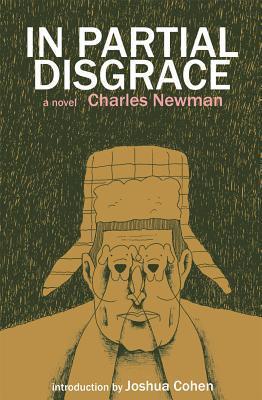What do you think?
Rate this book


337 pages, Paperback
First published March 5, 2013
How does one thing become another? That was his métier. What exactly is it that the hero doesn’t know before he becomes, well, quite something else? That was his subject. What is the opposite of an epiphany? That was his method. What is the opposite of a hangover? That was his temperament.
Technically speaking, Mother came from the moon: not that her dark side never showed, but often when you looked up, half of her was missing.
My feminine soul was thus always in search of my body, mourning the disappearance of the old kind of artistic male who has died out; a virgin body being serviced by a non-virgin heart. I was a good little boy but a bad little girl, a winning combination. To preserve the appearance of manliness I would eventually take refuge in alcoholic stupor, from which I emerged a drunken and diseased victor, while retaining the eternal priority which was the delight of my feminine soul. I was one of the dead with whom the living have to reckon, a salon bandit, a bathhouse nymph, who would put in jeopardy men’s calm, their faith, and what’s more, their cynicism; female preference always modifying male domination.
As for little Topsy, who can say? She is either a little too absent or a little too present, and always a little off center. Beauty with nothing else is worse than shit. You can mix all the raisins you want with turds, but they’re still turds.